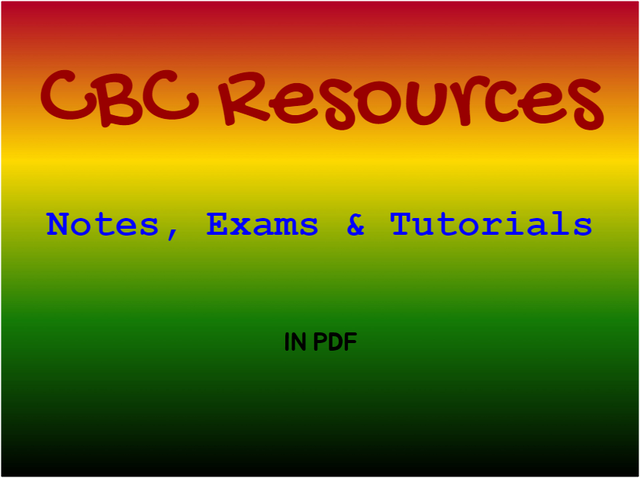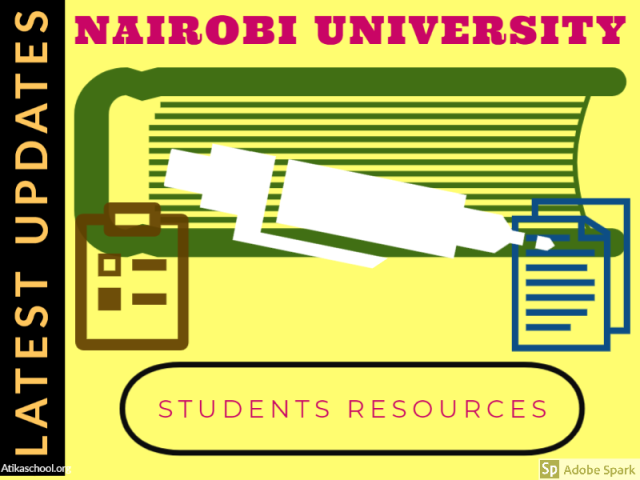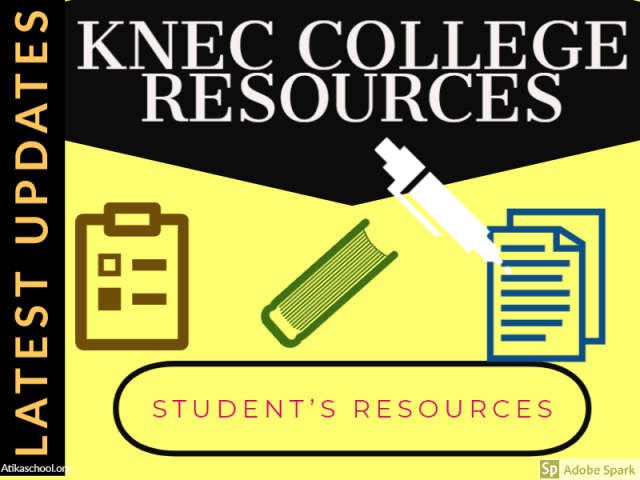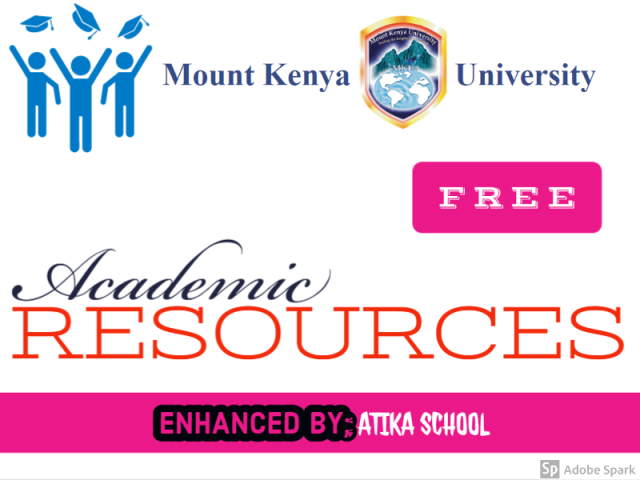Academic Environment
STRUCTURE AND ORGANISATION OF KENYAN CBC FROM START PRE-PRIMARY 1 TO SENIOR SECONDARY LEVELThe Kenyan Competency based Curriculum was designed by Kenya Institute of Curriculum Development (2017) and has 5 levels which are:
Most Kenyans are not conversant with the subjects learners are expected to learn at various levels. Hence we set out to summarize the subjects for them to enable them guide and prepare learners adequately for the academic task ahead. SUBJECTS FOR PRE-PRIMARY (TWO YEARS)
SUBJECTS FOR LOWER PRIMARY: GRADE 1 TO GRADE 3 (THREE YEARS)
ICT will be a learning tool in all areas. Pertinent and contemporary issues will be mainstreamed in all Subjects SUBJECTS FOR UPPER PRIMARY: GRADE 4 – GRADE 6 (THREE YEARS)
SUBJECTS FOR LOWER SECONDARY: GRADES 7 – GRADE 9 (THREE YEARS)Core Subjects
Optional Subjects (Minimum 1, Maximum 2)
SUBJECTS FOR SENIOR SCHOOL GRADES 10 – GRADE 12 (THREE YEARS)Subjects for Senior School are based on various pathways
1. Arts and Sports Science Pathwaya. The Arts TrackCore subjects
(i) Legal and Ethical issues in Arts
(ii) Communication Skills Optional SubjectsThe learner will be required to take one of the following subjects:i. Performing Arts
(i) Music
(ii) Dance (iii) Theatre and Elocution ii Visual and Applied Arts
(i) Fine Art
(ii) Applied Art (iii) Time Based Media (iv) Crafts b. Sports Science TrackCore subjects
(i) Human Physiology, Anatomy and Nutrition
(ii) Sports Ethics Optional Subjects (Minimum 1, Maximum 2)
i. Ball Games
ii. Athletics iii. Indoor Games iv. Gymnastics v. Water Sports vi. Boxing vii. Martial Arts viii. Outdoor Pursuits ix. Advanced Physical Education 2. The Social Sciences Pathway (Comprises of three tracks, learner to choose a minimum of 3 subjects and a maximum of 5 subjects)a. Humanities
(i) History and Citizenship
(ii) Geography (iii) Christian Religious Education (iv) Islamic Religious Education (v) Hindu Religious Education b. Languages
(i) English Language
(ii) Literature in English (iii) Lugha ya Kiswahili (iv) Fasihi ya Kiswahili (v) Kenyan Sign Language (vi) Indigenous Languages (vii) Arabic (viii) French (ix) German (x) Mandarin c. Business Studies
(i) Business studies
(ii) Mathematics 3. The Science, Technology, Engineering and Mathematics Pathway (Comprises of 4 Career Tracks)
Core subjects
Optional Subjects (Select 1 Subject):
Optional Subjects (Minimum 3 Subjects):
Optional Subjects (select one subject) Optional Subjects
0 Comments
IMPORTANCE OF GOALS OF EDUCATIONGoals help both the curriculum planner and the teacher in decision – making in various ways.
What are national goals of education?These are educational aspirations of a country which are broad and long-term. National goals are further formulated into level and subject general objectives. The specific objectives are formulated through which the desired knowledge, skills, attitudes and practices will be achieved. Kenya uses aims, goals and objectives in educational planning (Nasibi, 2003). The national goals of education are derived from the general aims of education. General aims being broad and often abstract in their expression are unable to offer particular achievements within specified time limits therefore are used to offer general guidance on educational intention and to guide the formulation of educational goals. Due to their significance in offering specific direction, Kenya has kept reviewing its goals of education to suit her prevailing circumstances. At independence in 1963, Kenya inherited a system of education that had been designed in colonial times to suit the needs of the colonial administration. The new government found it necessary to revise the whole school curriculum and state clearly the national goals of education in an independent state. This important task was first undertaken by the Kenya Education commission in 1964 which became the well-known Ominde Report. It outlined six National Goals of Education which the educational system was expected to fulfil. These goals were later revised and as explained by the Kenya Institute of Education (KIE, 2002), they are as follows: (Marcella Mwaka, Violet Nabwire Kafwa, Josephine Kemboi Musamas, Benjamin Kyalo Wambua 2003) |
RSS FEEDS
ARCHIVES
Archives
May 2024
CATEGORIES
Categories
All
|
We Would Love to Have You Visit Soon! |
Hours24 HR Service
|
Telephone0728 450425
|
|
8-4-4 materialsLevels
Subjects
|
cbc materialsE.C.D.E
Lower Primary
Upper Primary
Lower Secondary
Upper Secondary
|
teacher support
Other Blogs
|







 RSS Feed
RSS Feed